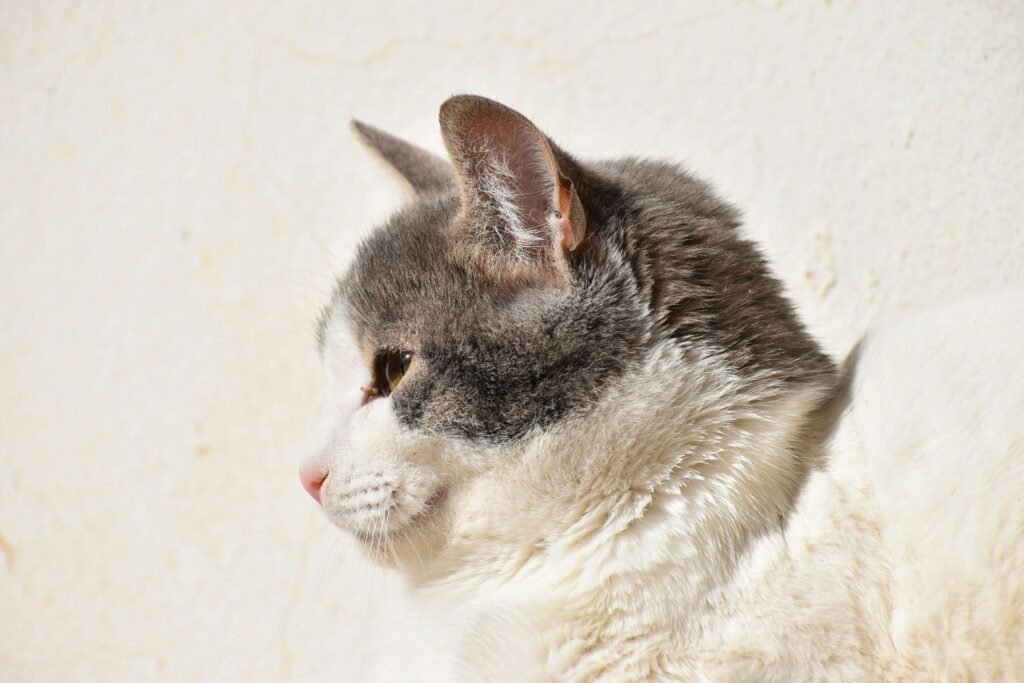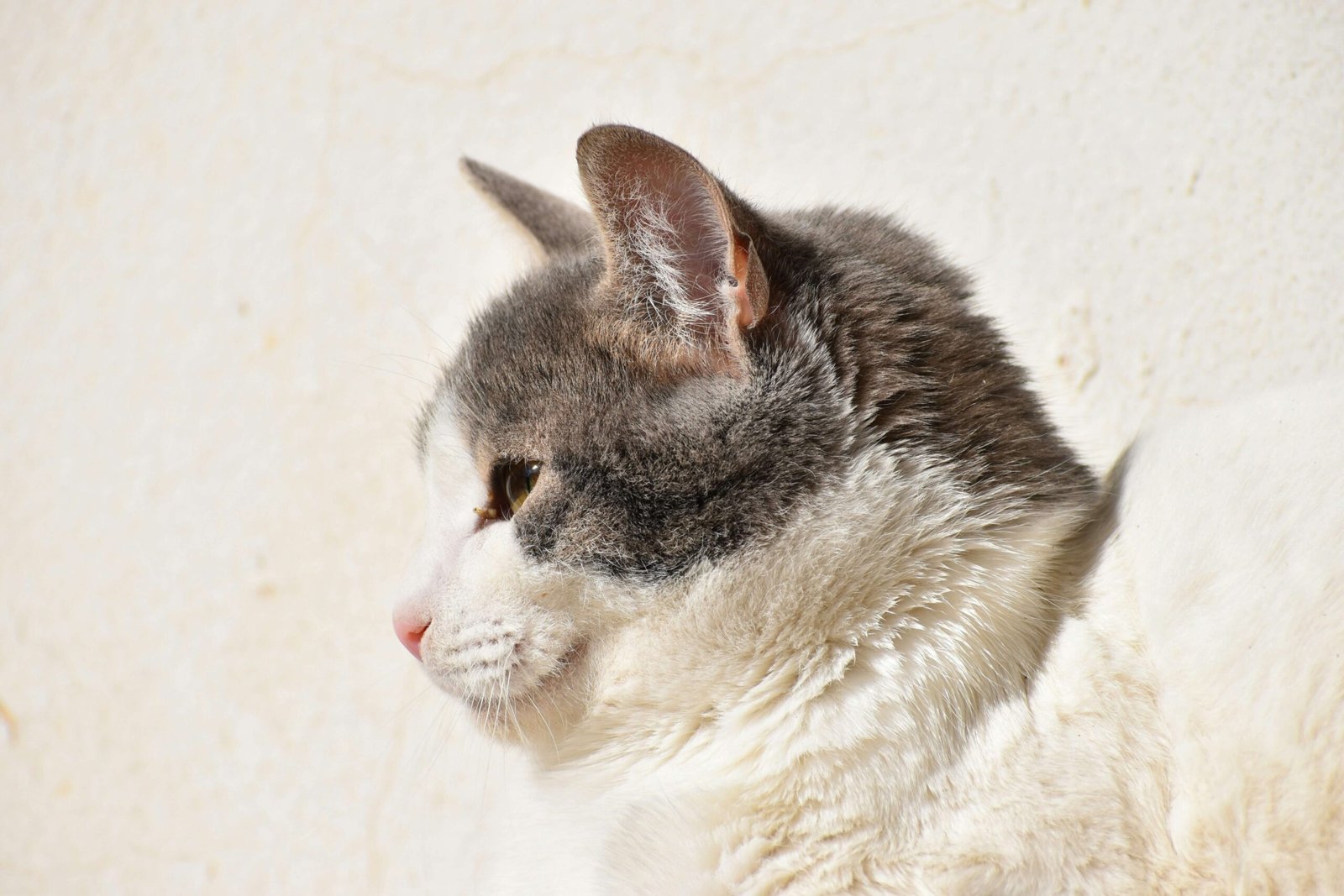The Mysterious World of Cats Sleeping with Their Eyes Open
Cats have always fascinated us with their quirky behaviors and mysterious ways. Among the many peculiarities that make them such intriguing companions is their ability to sleep with their eyes open. While this might seem like something out of a sci-fi movie, it’s actually a natural phenomenon rooted in their biology and evolutionary history. Whether you’re a seasoned cat owner or simply an admirer of these graceful creatures, understanding why cats sleep with their eyes open can deepen your appreciation for their unique traits. In this blog post, we’ll explore the science behind this behavior, its benefits, and what it means for your feline friend.
Why Do Cats Sleep with Their Eyes Open?
Before diving into the specifics, let’s take a moment to understand why cats exhibit this fascinating behavior. Cats are both predators and prey animals, which has shaped many of their survival instincts over thousands of years. Sleeping with their eyes open is one such adaptation that serves a practical purpose in their daily lives.
Cats have a third eyelid, also known as the nictitating membrane, which allows them to keep their eyes partially covered while still being able to see movement.
This behavior helps them stay alert to potential threats even while resting, ensuring they can react quickly if needed.
It’s not uncommon for cats to sleep lightly with their eyes slightly open, especially in unfamiliar environments or when they feel insecure.
The phenomenon is more common in kittens, who are still developing their sense of security and awareness.
Cats may also sleep with their eyes open during short naps rather than deep sleep cycles.
In conclusion, sleeping with their eyes open is a survival mechanism that reflects their innate need to balance rest and vigilance. Understanding this can help us better appreciate their instincts and adaptability.
The Science Behind Cats’ Unique Sleeping Patterns
To truly grasp why cats sleep with their eyes open, it’s essential to delve into the science of their sleep cycles and anatomy. Cats are crepuscular animals, meaning they are most active during dawn and dusk, and their sleep patterns reflect this lifestyle.
Cats spend about 12-16 hours a day sleeping, conserving energy for their bursts of activity.
Their sleep consists of two main phases: light sleep (where they remain somewhat alert) and deep sleep (where they fully rest).
During light sleep, cats often keep their eyes partially open to monitor their surroundings.
The nictitating membrane plays a crucial role in protecting their eyes while allowing them to detect motion.
This behavior is more pronounced in outdoor cats, who face greater risks from predators and environmental hazards.
By understanding the biological mechanisms at play, we gain insight into how cats have evolved to thrive in diverse environments. Their ability to sleep with their eyes open is just one example of their remarkable adaptability.
Check this guide 👉Understanding Unwell Cat Sleeping Positions: Best 7 Tips!
Check this guide 👉Why Does My Cat Sleep on Me? Best 7 Behavior Tips!
Check this guide 👉Why Does My Cat Sleep on My Pillow? Best 7 Behavior Tips!

Aspect | Details |
|---|---|
Sleep Duration | Cats sleep 12-16 hours daily. |
Nictitating Membrane | A protective layer enabling partial vision. |
Light vs. Deep Sleep | Light sleep involves alertness; deep sleep restores energy. |
Behavioral Triggers | Feeling insecure or being in unfamiliar settings. |
Evolutionary Advantage | Helps cats stay vigilant against threats. |
Benefits of Sleeping with Eyes Open for Cats
While it might seem unusual to us, this behavior offers several advantages to cats, particularly in terms of safety and efficiency. Here’s how it benefits them:
It allows cats to maintain a level of awareness even while resting, which is crucial for their survival instincts.
By keeping their eyes partially open, they can detect sudden movements or changes in their environment without fully waking up.
This behavior minimizes the risk of falling prey to larger predators in the wild.
It also helps indoor cats feel more secure, especially if they live in busy households with frequent disturbances.
Cats can conserve energy by staying in a semi-alert state rather than transitioning between full wakefulness and deep sleep too frequently.
This unique trait underscores the incredible balance cats strike between rest and readiness, ensuring they’re always prepared for whatever comes their way.
Common Misconceptions About Cats Sleeping with Their Eyes Open
Despite its prevalence, there are several misconceptions surrounding this behavior. Let’s debunk some of the most common myths:
Many people believe that cats sleeping with their eyes open are awake and simply pretending to rest.
Some assume it’s a sign of illness or discomfort, but in most cases, it’s perfectly normal.
Others think this behavior is exclusive to certain breeds, but all cats possess the ability to do so.
There’s a misconception that cats only sleep with their eyes open when they’re stressed, but it’s a natural part of their sleep cycle.
Finally, some believe it indicates poor-quality sleep, but cats are experts at achieving restorative rest regardless of their position.
Understanding these misconceptions can help cat owners better interpret their pets’ behaviors and avoid unnecessary worry.
How Cats’ Sleeping Habits Reflect Their Personality
Every cat has its own unique personality, and their sleeping habits often provide clues about their temperament and preferences. Observing how and where your cat sleeps can reveal fascinating insights into their character.
Cats that sleep with their eyes open tend to be more cautious or high-strung by nature.
Those who curl up tightly may feel the need for security and warmth.
Cats sleeping sprawled out are often confident and comfortable in their environment.
A cat that changes sleeping spots frequently might be curious or easily bored.
Cats preferring elevated sleeping spots often have a strong desire to survey their territory.
Understanding these patterns not only helps you bond with your pet but also ensures you can cater to their individual needs more effectively.
Tips for Helping Your Cat Sleep Better
While cats are experts at finding cozy spots to nap, there are ways you can enhance their sleeping experience and ensure they feel safe and relaxed.
Provide a variety of comfortable resting areas, including soft blankets and padded beds.
Place sleeping spots in quiet, low-traffic areas to minimize disturbances.
Offer options at different heights, such as shelves or cat trees, for cats that prefer elevated positions.
Maintain a consistent routine to help your cat feel secure and reduce stress.
Avoid startling your cat during naps by approaching them calmly and gently.
By creating an ideal sleep environment, you can support your cat’s natural instincts and improve their overall well-being.
Fun Facts About Cats’ Sleeping Behaviors
Cats’ sleeping habits are not only functional but also full of interesting quirks that make them endlessly fascinating creatures. Here are some fun facts you might not know:
Cats can fall asleep almost anywhere, from sinks to keyboards, thanks to their adaptability and curiosity.
They often twitch or move their paws during sleep, which is linked to dreaming.
The position a cat sleeps in (e.g., loaf position, curled up) can indicate how safe they feel.
Cats are less likely to sleep deeply around strangers or in unfamiliar environments.
Some cats even snore softly due to the relaxation of their throat muscles during deep sleep.
These delightful details remind us just how special our feline friends are—and why we love sharing our lives with them.
Frequently Asked Questions
Is it normal for my cat to sleep with its eyes open?
Yes, it’s completely normal and often a sign of their natural instincts at work.
Should I be concerned if my cat always sleeps with its eyes open?
Not necessarily. However, if accompanied by other unusual symptoms, consult a veterinarian.
Do all cats sleep with their eyes open?
While all cats have the ability, not all will exhibit this behavior regularly.
Can kittens sleep with their eyes open?
Yes, kittens often sleep with their eyes open as they develop their sense of security.
Does this behavior affect the quality of their sleep?
No, cats are capable of achieving high-quality rest even when their eyes are partially open.
Celebrating the Wonders of Feline Behavior
Cats continue to amaze us with their unique quirks and behaviors, and sleeping with their eyes open is no exception. This seemingly strange habit is a testament to their evolutionary brilliance and adaptability. As pet owners and enthusiasts, recognizing and appreciating these traits allows us to forge deeper connections with our feline companions. Next time you catch your cat snoozing with its eyes open, take a moment to marvel at the intricate balance of nature that makes them who they are. After all, understanding their world brings us closer to theirs—and that’s something worth celebrating.
Do Cats Have Taste Buds? Best 7 Expert Tips! – Discover how cats experience flavors and why their taste is so unique.
Do Dogs Have Taste Buds? Best 7 Expert Tips! – Discover how dogs experience taste, their preferences, and what it means for their diet and health.
Can Cats Taste Sweet? Best 7 Expert Tips! – Discover why cats can’t taste sweetness, how it affects their diet, and tips to keep them healthy and happy.
Can Dogs Taste Sweet? Best 7 Expert Tips! – Discover how dogs perceive sweetness, which foods are safe, and tips to manage their sweet cravings responsibly.





